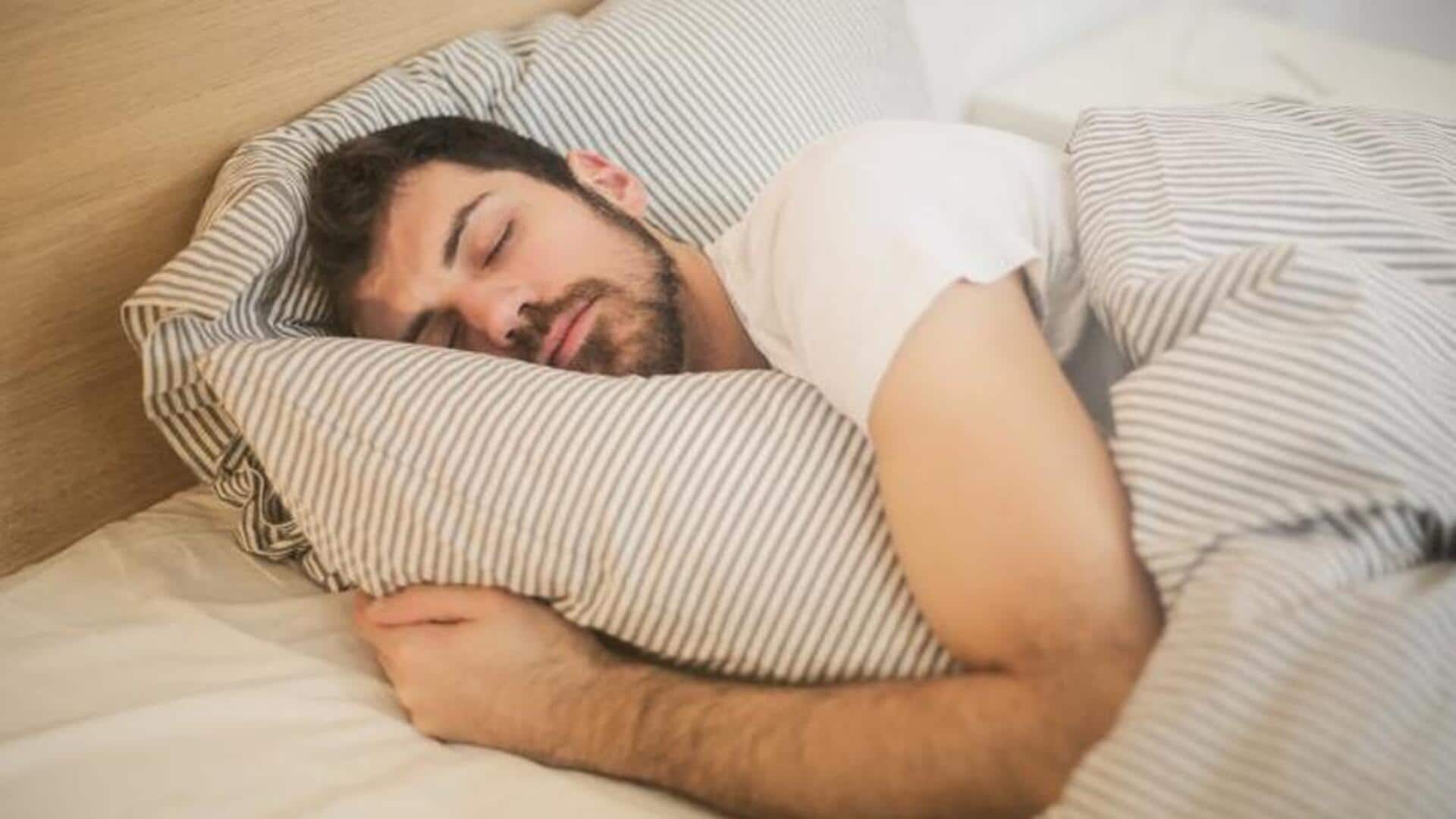
5 ways to recharge energy with power napping
What's the story
Power napping is a scientifically proven method to increase energy levels and enhance cognitive performance. In the hustle and bustle of modern life, carving out time to rest and recharge is essential for sustaining productivity and promoting overall well-being. This article provides five handy tips for incorporating power naps into your everyday routine, helping you maximize the benefits of these brief respites.
Timing
Set a timer for optimal duration
The sweet spot for a power nap is 10 to 20 minutes. This length allows you to experience the lighter stages of sleep without delving into deep sleep, ensuring you wake up feeling refreshed and alert instead of groggy. By setting a timer, you can avoid oversleeping, which can disrupt your nighttime sleep patterns.
Environment
Create a restful environment
To get the most out of your power nap, find a quiet, dark place where you won't be disturbed. An eye mask or earplugs can help block out light and noise, improving the quality of your nap. Don't underestimate the power of comfort! A supportive pillow or a comfy chair can make all the difference in how refreshed you feel afterward.
Timing 2
Choose the right time of day
The ideal time for power napping is early afternoon when your body experiences a natural energy decline due to circadian rhythms. Napping after 3:00 p.m. can interfere with your nighttime sleep, so aim for a window between 1:00 p.m. and 3:00 p.m. This timing coincides with the body's natural post-lunch drowsiness, allowing you to fall asleep more easily.
Relaxation
Focus on relaxation techniques
The key to a successful power nap is falling asleep quickly. By practicing relaxation techniques like deep breathing or progressive muscle relaxation before beginning your nap, you can significantly reduce the time it takes to drift off. These techniques help quiet the mind and relax the body, ensuring that every minute of your nap is spent on rejuvenation rather than waiting for sleep to come.
Caffeine
Limit caffeine intake before napping
To make sure you can fall asleep easily during your chosen napping time, avoid consuming caffeine at least two hours before napping. Caffeine is a stimulant that stays in your system for a long time and can prevent you from relaxing fully during your nap. Choosing water or herbal tea instead can maintain hydration without impacting sleep quality.